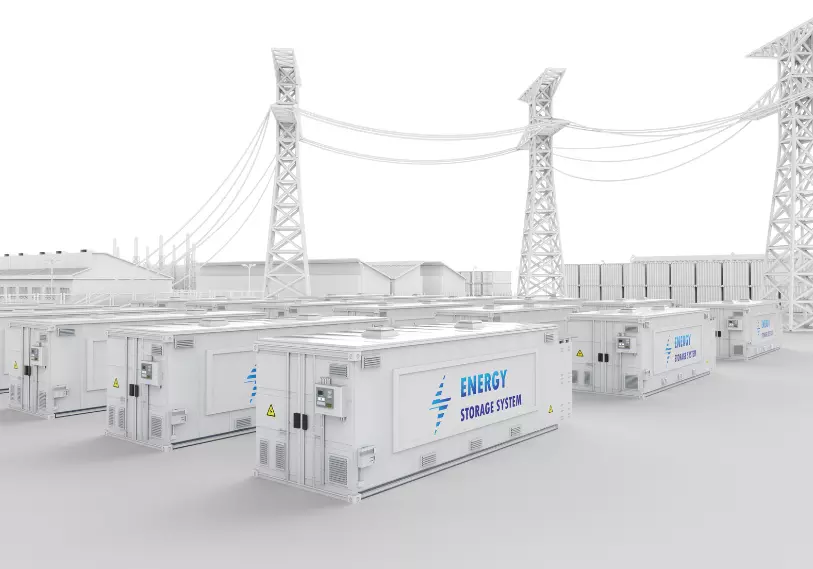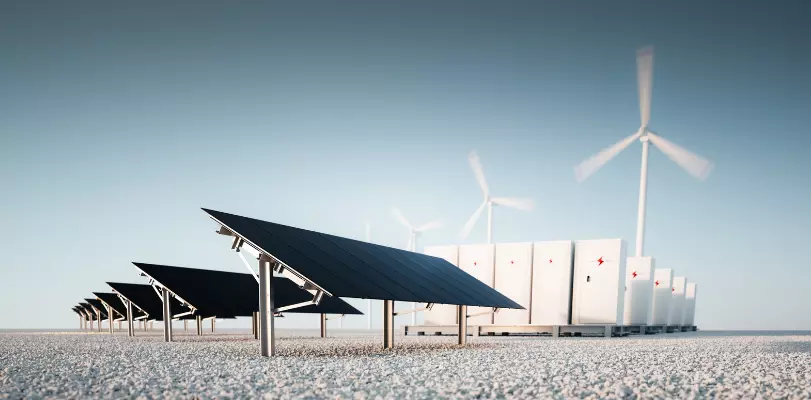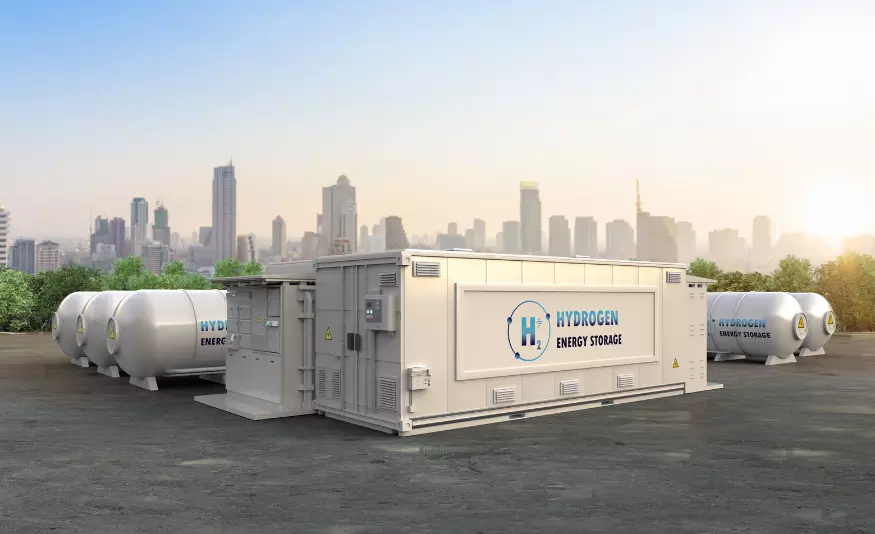Unlocking the power of tomorrow: Exploring the revolutionary world of Energy Storage Systems
Energy storage systems (ESS) are pivotal in addressing renewable energy's intermittent nature, ensuring grid stability, and optimising electricity utilisation. As the world strives for a cleaner, sustainable energy future, the significance of energy storage has surged.
What are Energy storage systems?
Energy storage systems are technological setups that store energy generated from various sources for later use. These systems are designed to capture surplus energy during periods of low demand or high production and store it efficiently for subsequent use during peak demand or low production periods. Energy storage systems play a crucial role in enhancing the stability, reliability, and flexibility of electrical grids by providing a buffer that can balance energy supply and demand. They can store energy in various forms, such as electrical, mechanical, chemical, or thermal, and release it when needed. These systems enable better integration of renewable energy sources, improve grid resilience, and support efficient utilisation of energy resources.
Types and Applications of Energy Storage Systems
There are various types of energy storage systems, each with its own unique characteristics and applications. Some of the most common ESS technologies include batteries, pumped hydro storage, compressed air energy storage, flywheels, thermal storage, and hydrogen storage. Energy storage systems are instrumental in enabling the integration of renewable energy sources into the grid. Solar and wind power, for instance, are intermittent resources that depend on weather conditions. By coupling renewable energy generation with energy storage, excess energy can be captured and dispatched when needed, thus enhancing the reliability and flexibility of the electricity system.
Sustainable and Resilient Energy Infrastructure
Energy storage systems are essential for achieving a sustainable and resilient energy infrastructure. They enable the efficient utilisation of renewable energy, improve grid stability, and provide backup power during outages. As technology advances and costs continue to decrease, energy storage systems are expected to play an increasingly vital role in the global energy transition, paving the way for a cleaner and more reliable energy future.

Explore the Role of Energy Storage in Integrating Renewable Energy
Energy storage systems are instrumental in enabling the integration of renewable energy sources into the grid. Solar and wind power, for instance, are intermittent resources that depend on weather conditions. By coupling renewable energy generation with energy storage, excess energy can be captured and dispatched when needed, thus enhancing the reliability and flexibility of the electricity system.
HOW CAN WE HELP YOU?
Find out more about how we can support your business.
Our experts are always on hand to deal with your request.






